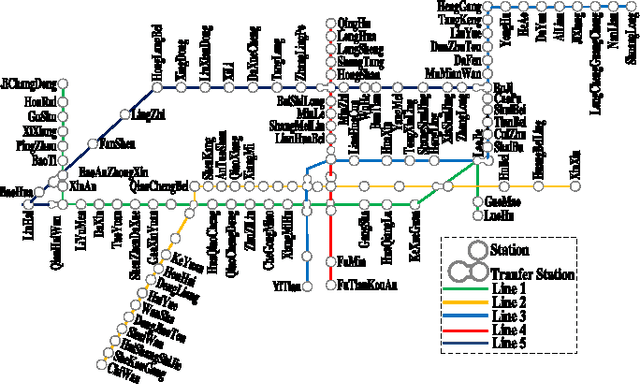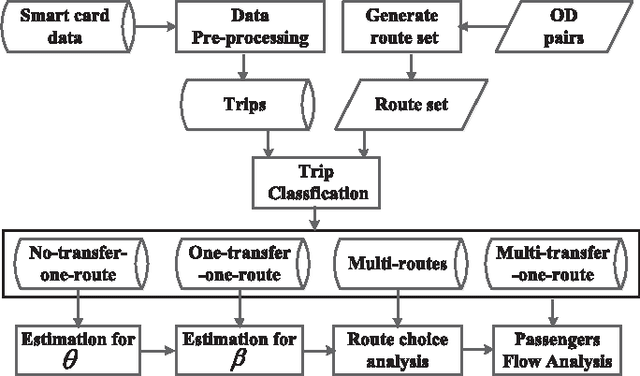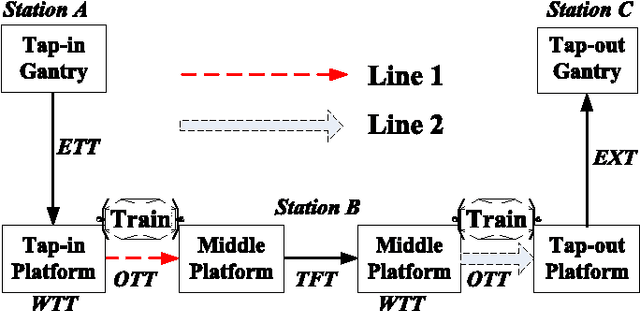Dayong Shen
A Heuristic Algorithm for the Fabric Spreading and Cutting Problem in Apparel Factories
Mar 13, 2019



Abstract:We study the fabric spreading and cutting problem in apparel factories. For the sake of saving the material costs, the cutting requirement should be met exactly without producing additional garment components. For reducing the production costs, the number of lays that corresponds to the frequency of using the cutting beds should be minimized. We propose an iterated greedy algorithm for solving the fabric spreading and cutting problem. This algorithm contains a constructive procedure and an improving loop. Firstly the constructive procedure creates a set of lays in sequence, and then the improving loop tries to pick each lay from the lay set and rearrange the remaining lays into a smaller lay set. The improving loop will run until it cannot obtain any small lay set or the time limit is due. The experiment results on 500 cases shows that the proposed algorithm is effective and efficient.
Estimation of Passenger Route Choice Pattern Using Smart Card Data for Complex Metro Systems
Apr 19, 2016



Abstract:Nowadays, metro systems play an important role in meeting the urban transportation demand in large cities. The understanding of passenger route choice is critical for public transit management. The wide deployment of Automated Fare Collection(AFC) systems opens up a new opportunity. However, only each trip's tap-in and tap-out timestamp and stations can be directly obtained from AFC system records; the train and route chosen by a passenger are unknown, which are necessary to solve our problem. While existing methods work well in some specific situations, they don't work for complicated situations. In this paper, we propose a solution that needs no additional equipment or human involvement than the AFC systems. We develop a probabilistic model that can estimate from empirical analysis how the passenger flows are dispatched to different routes and trains. We validate our approach using a large scale data set collected from the Shenzhen metro system. The measured results provide us with useful inputs when building the passenger path choice model.
 Add to Chrome
Add to Chrome Add to Firefox
Add to Firefox Add to Edge
Add to Edge